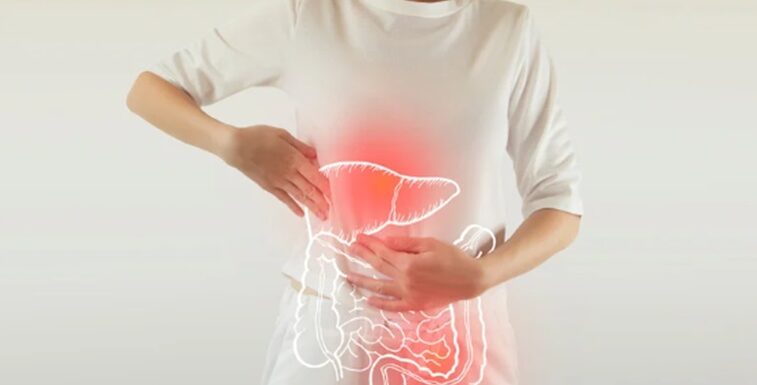
Gallbladder removal is a common procedure that can significantly improve digestive efficiency for individuals experiencing gallbladder issues. In many cases, the gallbladder can cause discomfort and complications, affecting digestion and overall health. For those in need of gallbladder removal in Marietta, this surgery offers relief by eliminating painful symptoms and promoting better digestion. Understanding its importance is key to making informed decisions about your health and improving your quality of life.
Understanding the Gallbladder’s Role
Before delving into the removal process, it’s important to comprehend the function of the gallbladder. This organ collects and concentrates bile, a digestive fluid necessary for breaking down fats. Without a properly functioning gallbladder, bile storage is compromised, which can lead to digestive inefficiencies and complications such as gallstones or bile duct infections.
Signs that Gallbladder Removal May Be Necessary
Persistent abdominal pain, nausea, and digestive disturbances are indicators that gallbladder issues may require medical evaluation. It’s not uncommon for people to experience these symptoms due to gallstones blocking bile flow. In such cases, doctors may recommend gallbladder removal as an effective resolution to restore digestive ease.
Benefits of Gallbladder Removal
Cholecystectomy offers substantial benefits, particularly in improving digestion. By removing the gallbladder, which can obstruct bile flow, many patients find relief from the painful symptoms of gallstones. Furthermore, this procedure can avert future complications, allowing the digestive system to function more smoothly and efficiently.
What to Expect During Surgery
Understanding what takes place during gallbladder removal surgery can alleviate patient anxiety. The procedure is usually performed laparoscopically, which involves small incisions and a short recovery time. Patients can expect a relatively swift return to normal activities. For more details on the surgical process, one could refer to this blog.
Post-Surgery Recovery and Lifestyle Adjustments
After gallbladder removal, adapting to dietary changes is crucial for a smooth recovery. Patients are often advised to modify their diets, focusing on low-fat foods to accommodate the absence of a bile-storing organ. Emphasizing high-fiber foods and staying hydrated aids in maintaining optimal digestive health.
Also Read: What to Eat After Gallbladder Surgery?
Conclusion
Gallbladder removal can significantly enhance digestive efficiency and improve the quality of life for those suffering from gallbladder-related issues. By addressing these problems through surgical intervention, patients can enjoy a life free from chronic pain and digestive discomfort.
Frequently Asked Questions
1. How long is the recovery period after gallbladder removal?
Recovery generally spans 1 to 2 weeks, with most patients able to return to normal activities thereafter. However, complete recovery might take longer, influenced by the individual’s condition and the surgery’s complexity.
2. Will I need to follow a special diet after gallbladder surgery?
Yes, dietary changes are often recommended. A diet low in fats and high in fiber can help manage digestive changes post-surgery. Consulting with a healthcare provider for personalized advice is advisable.
3. Are there any long-term effects of living without a gallbladder?
Most people live healthy lives without a gallbladder, although some may experience changes in digestion or slight intolerance to certain foods, particularly those high in fat. Adapting to these changes typically involves simple dietary adjustments.

